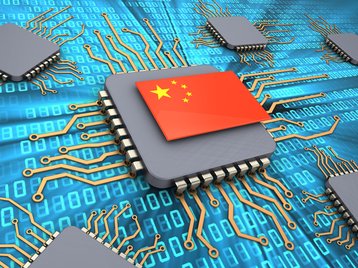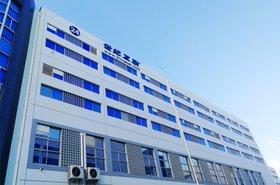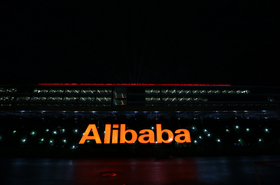Research institutions and universities in China have managed to obtain high-end Nvidia AI chips through Chinese resellers, despite a US export ban.
According to a report from Reuters, ten institutions including the Chinese Academy of Sciences, the Shandong Artificial Intelligence Institute, a state-run aviation research center, and a space science center, have acquired Nvidia chips contained in server products made by Supermicro, Dell, and Taiwan’s Gigabyte.
It has previously been reported that Chinese companies were repurposing Nvidia gaming chips by installing their core components onto new circuit boards to power AI hardware.
The US is currently engaged in a trade war with China and has limited the export of high-end chips to slow down its AI development, military programs, and limit human rights abuses.
On November 17, 2023, the US government expanded the sanctions that were already in place to stop more advanced AI chips, like the ones designed by Nvidia, from making their way to China. However, Reuters said it has reviewed hundreds of tender documents that show orders for the chips were fulfilled between November 20, 2023, and February 28, 2024.
In a statement to Reuters, a spokesperson for Nvidia said that the tenders identified by the news outlet refer to products that were exported and widely available before the restrictions came into place, adding that the documents do not indicate that any of Nvidia’s partners violated export control rules.
Reuters reported that the documents do not make it clear if the tenders were fulfilled with newly purchased servers or stockpiles acquired before the expanded ban went into force.
In order to comply with government sanctions, Nvidia has developed the HGX H20, L20 PCIe, and L2 PCIe chips, pared-back variants of existing products, designed to comply with the export rules. Those came after a prior pared-back version was also banned.
In 2018, Nvidia CEO and founder Jensen Huang told DCD that, at the time, China represented a third of the company’s business.
The chip designer is also currently hiring for a government affairs manager to "foster positive relationships with government entities" in China.
The US Commerce Department told Reuters it would not comment on ongoing investigations.
The department is already looking into an alleged chip sanctions breach by Semiconductor Manufacturing International Corp (SMIC), China's biggest semiconductor company.
The department is reportedly concerned that SMIC might have been able to produce its 7nm, 5G-enabled Kirin 9000S chip for the Huawei Mate Pro 60 using equipment from Dutch lithography company ASML.







